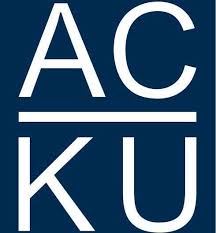Afghans’ access to information survey-2017 : analysis of a comprehensive baseline survey / Integrity Watch Afghanistan (IWA).
Material type: TextLanguage: English Publication details: Kabul, Afghanistan : Integrity Watch Afghanistan (IWA), ©2017.Description: vi, 71 pages : color illustration ; 28 cmSubject(s): LOC classification:
TextLanguage: English Publication details: Kabul, Afghanistan : Integrity Watch Afghanistan (IWA), ©2017.Description: vi, 71 pages : color illustration ; 28 cmSubject(s): LOC classification: - Pamphlet HN670.6. Z9.
| Item type | Current library | Call number | Copy number | Status | Date due | Barcode | Item holds | |
|---|---|---|---|---|---|---|---|---|
 Monograph
Monograph
|
Afghanistan Centre at Kabul University | Available | 3ACKU000532936 | |||||
 Monograph
Monograph
|
Afghanistan Centre at Kabul University | Pamphlet HN670.6.Z9.A333 2017 (Browse shelf(Opens below)) | 2 | Available | 3ACKU000532928 |
“August 2017”.
Includes bibliographical references.
Contents: About Integrity Watch Afghanistan—Acknowledgement—Acronyms—Executive summary—Introduction—Methodology—Overview of survey—General perceptions—Making and processing requests—Complaints—Proactive disclosure—Assessing results across different metrics—Conclusion and recommendations—Annexes.
Summary: “Afghanistan adopted an access to information law in late 2014, thereby joining the community of what is today nearly 120 countries with such laws. This was a very important development inasmuch as it implemented the constitutional guarantee of the right to information and created practical means whereby Afghans can access information held by public institutions. At the same time, the adoption of such legislation is just the first step, and the more long-term, challenging task is implementing the legislation…”—(page 2).
English
